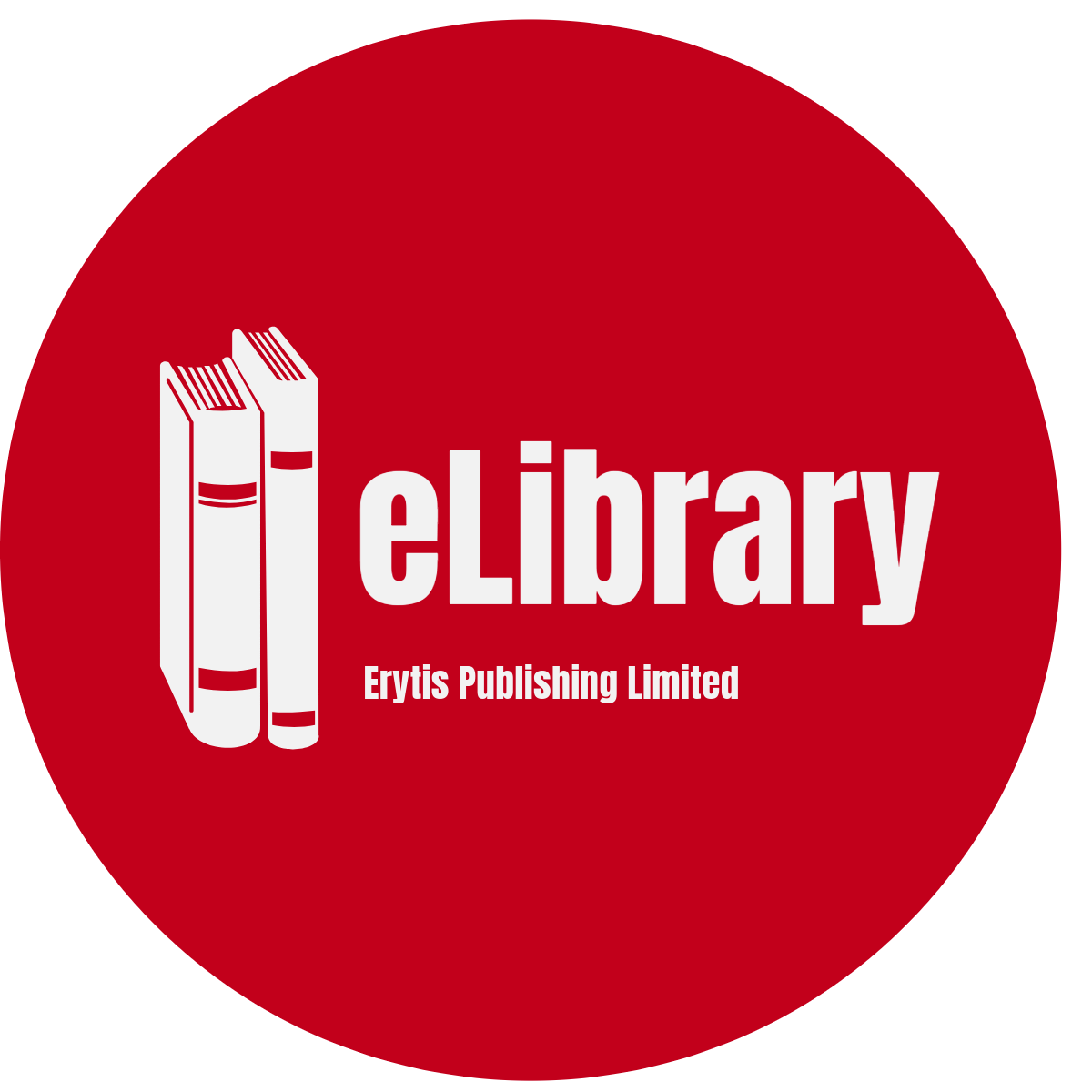

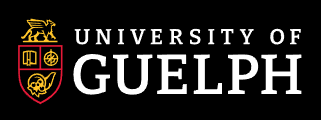
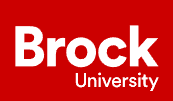
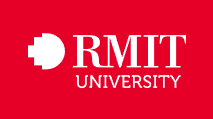
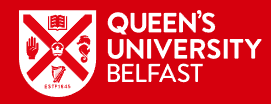

![]()
![]()




![]()
![]()
![]()
![]()


![]()
![]()


Sustainable Development ISSN Print: 3104-4174 ISSN Online: 3104-4182 is a high-impact international scholarly journal dedicated to advancing the theory and practice of sustainable development. The Journal provides a rigorous and open platform for academics, policymakers, industry practitioners, and relevant stakeholders. It aims to publish innovative, forward-thinking, and influential original research exploring pathways for the synergistic coexistence of human society and the natural environment.
Core Mission
The core mission of Sustainable Development is to foster a deep understanding of the complex interrelationships among the environmental, economic, and social dimensions of sustainability. We focus on meeting the needs of the present without compromising the ability of future generations to meet their own needs. The Journal emphasizes practical solutions, policy frameworks, innovative models, and technological advancements to address urgent challenges in achieving the United Nations Sustainable Development Goals (SDGs) and driving broader sustainable transitions globally.
Scope of Contributions (Covering all disciplines related to Sustainable Development)
Sustainable Development warmly welcomes original research submissions from all disciplines relevant to sustainable development. We embrace high inclusivity and a transdisciplinary perspective, with a particular focus on—but not limited to—the following broad thematic areas:
- Theories and Models of Sustainable Development:
- Foundations of sustainability science, conceptual frameworks, and assessment methodologies.
- Planetary boundaries, social foundations, and theories of steady-state economics.
- Sustainability indicators, assessment systems, and monitoring tools.
- Resilience theory, systems thinking, and their application to sustainability.
- Ethics, philosophy, and values underpinning sustainable development.
- Environmental Sustainability:
- Climate change mitigation and adaptation strategies.
- Biodiversity conservation and ecosystem services.
- Sustainable water resource management and water security.
- Land degradation control, soil conservation, and sustainable land use.
- Pollution control and remediation (air, water, soil, solid waste).
- Natural resource management (energy, minerals, forests, oceans).
- Circular economy and industrial ecology.
- Ecological restoration and environmental technologies.
- Economic Sustainability:
- Transition towards a green economy and green growth.
- Sustainable finance, responsible investment, and Environmental, Social, and Governance (ESG) criteria.
- Corporate Social Responsibility (CSR) and sustainable business strategies.
- Sustainability economics, ecological economics, and wellbeing economics.
- Green innovation, clean technologies, and sustainable supply chain management.
- The role of employment and decent work in green transitions.
- Sustainable consumption and production patterns.
- Poverty eradication and sustainable economic growth.
- Social Sustainability:
- Equity, justice, inclusion, and empowerment (gender, indigenous peoples, minorities, vulnerable groups).
- Food security, nutrition, and sustainable agriculture.
- Public health and wellbeing (environmental health, lifestyles).
- Education and sustainability literacy.
- Sustainable cities and communities (smart cities, resilient cities, urban planning, architecture, transportation).
- The interplay between culture, heritage, and sustainability.
- Social movements, citizen engagement, and sustainable governance.
- The relationship between peace, security, human rights, and sustainable development.
- Policy, Governance, and Institutions:
- Multi-level governance for sustainable development (global, national, regional, local).
- Design and implementation effectiveness of environmental policies and regulations.
- Implementation of Multilateral Environmental Agreements (MEAs) and cooperation.
- Localization of Sustainable Development Goals (SDGs) and national strategies.
- Policy coherence (integration of environmental, economic, and social policies).
- The role of Non-Governmental Organizations (NGOs) and the private sector in sustainable governance.
- Public-Private Partnerships (PPPs) for advancing sustainability.
- Behavior change policies and nudging strategies.
- Cross-Cutting Issues and Innovative Integration:
- Synergies and trade-offs among Sustainable Development Goals (SDGs).
- Energy transitions (renewable energy, energy efficiency, just transition).
- Food-Water-Energy nexus.
- Digital technologies (Big Data, AI, IoT, Blockchain) enabling sustainable solutions.
- Sustainable infrastructure development and resilience.
- North-South cooperation, South-South cooperation, and technology transfer.
- Social dimensions of climate change adaptation and loss and damage.
- Future scenario analysis and modeling sustainable transition pathways.
- Regional and Context-Specific Research:
- Case studies and comparative analyses of sustainable development across different geographical scales (global, regional, national, local), ecosystems (marine, mountainous, arid, etc.), or specific sectors (energy, manufacturing, tourism, agriculture, etc.).
Key Features of the Journal
- High Academic Standards: A rigorous peer-review process ensures the scientific rigor, novelty, and impact of published research.
- Interdisciplinary Focus: Actively encourages and prioritizes research that transcends traditional disciplinary boundaries.
- Theory-Practice Nexus: Values the implications of research for real-world decision-making and action, welcoming evidence-based policy analysis and practical case studies.
- Global Perspective: Addresses global challenges while valuing context-specific solutions from diverse regions and settings.
- Open Access: Articles freely accessible under CC BY-NC 4.0 licenses.
- Indexing & Archiving: The journal's publications are indexed by prominent academic platforms including Google Scholar, Open Ukrainian Scientific Content Initiative (OUI), OpenAlex, WorldCat, Scilit, ResearchGate, Semantic Scholar, Internet Archive, scite.ai, Crossref, Dimensions, and Scinapse.io.
Additionally, the journal is included in the collections of hundreds of university and research institution libraries globally, such as Harvard University Libraries, MIT Libraries, University of Wisconsin Libraries, Jean & Alexander Heard Libraries (Vanderbilt University), Imperial College London Library, University of Connecticut Libraries, The Morgan Library & Museum, University of Guelph Library, Brock University Library, Humber College Libraries (Canada), University of Calgary Library, Rutgers University Libraries, Baylor University Libraries, Drexel University Libraries, RMIT University Library (Australia), Regent University Library, Queen's University Libraries, and University of California Libraries.
Join us in Building a Sustainable Future!
Sustainable Development invites scholars worldwide engaged in sustainability research to submit their work. Your cutting-edge discoveries and profound insights will collectively contribute valuable knowledge to understanding, guiding, and accelerating global sustainable development processes, providing crucial foundations for creating a prosperous world in harmony with nature.



Erytis Publishing Limited
Always Open for Submissions
Peer-review
Online First
Open Access
Your work will be permanently available online, free to download, share and read
 Copyright © 2025 by authors and Erytis Publishing Limited.
Copyright © 2025 by authors and Erytis Publishing Limited.
Copyright and Licensing
Articles published by Erytis Publishing Limited journals are under a Creative Commons Attribution 4.0 International (CC BY 4.0) (https://creativecommons.org/licenses/by/4.0/) license, allowing users to copy, distribute and transmit an article and adapt the article and make commercial use of the article. The CC BY license permits commercial and non-commercial re-use of an open access article, as long as the author is properly attributed. This ensures that the work gets maximum exposure, and the authors receive due credit for their contribution.
Copyright on any open access article published by Erytis Publishing Limited is retained by the author(s). Authors grant Erytis Publishing Limited a license to publish the article and identify itself as the original publisher. Authors also grant any third party the right to use the article freely as long as its original authors, citation details and publisher are identified.
